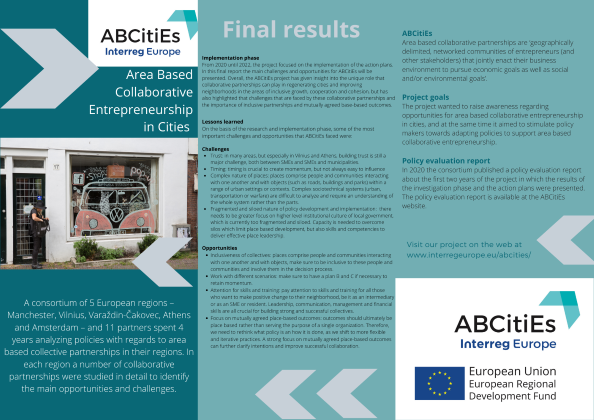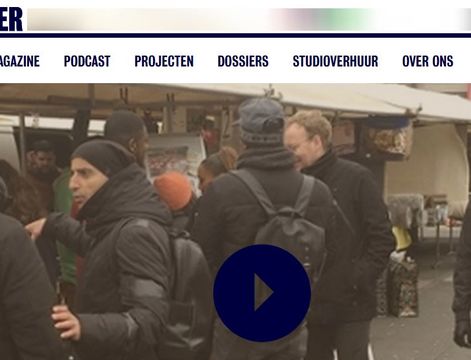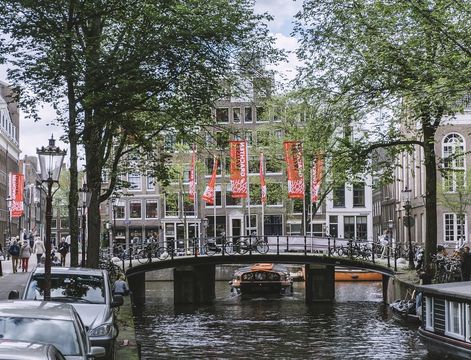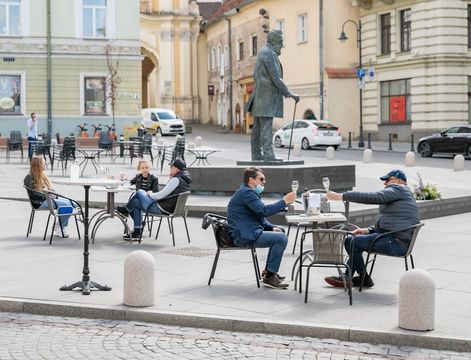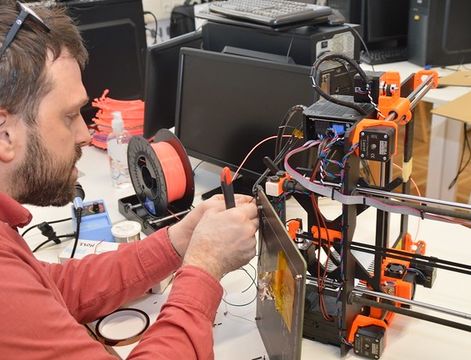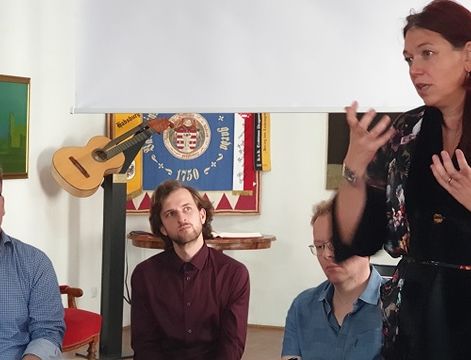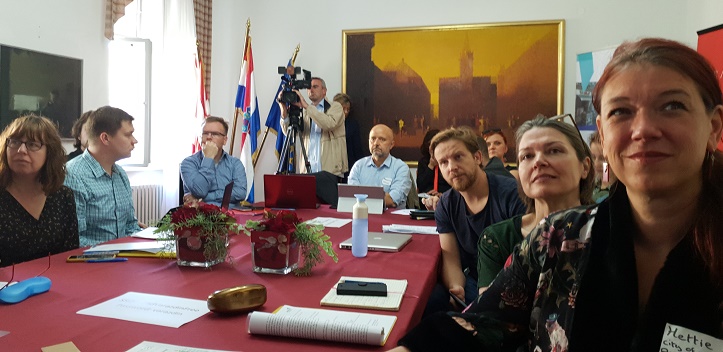By: Hennie Loos (Municipality Amsterdam)
In the first quarter of 2020, the Dutch economy shrank by 1.7% compared to the previous quarter. Amsterdam is also going through a hard time. The cause lies mainly in a decline in private consumption.
The Amsterdam economy is expected to be relatively more affected by the corona crisis than the economy in the Netherlands as a whole, due to the relatively large share of sectors such as catering, retail and aviation. From Amsterdam we would like to zoom in on the developments in public space and in particular around the terraces.
Due to the corona crisis, temporary terrace rules of the City of Amsterdam have been drawn up for catering entrepreneurs. These rules contain an interesting link with Area Based Collaborative Entrepreneurship (ABCE). On March 15, 2020, as part of the corona measures, the Dutch Cabinet closed the catering industry.
Since 1 June, limited opening is possible subject to conditions and catering companies are allowed to return to the terrace. Terraces are an important part of the use of the public space within the city: they offer liveliness, atmosphere, conviviality and a place to meet and contribute to the visibility and viability of a catering business. The municipality is trying to help the entrepreneurs without disregarding the interests of local residents and other stakeholders. The Policy Rules for Temporary Terrace Expansion came into effect on 1 June. The rules are aimed at encouraging and supporting entrepreneurs as much as possible while ensuring that it is safe and secure compliance with general laws and regulations.
There are two ways of encouraging collaboration with other entrepreneurs. Entrepreneurs (with an operating license) can submit a request for a terrace, even if they do not yet have a terrace. An important condition here is first of all that the entrepreneur has consulted sufficiently with local residents and entrepreneurs nearby. In the application, the entrepreneur must describe how he has consulted with third parties, what the result is and how he intends to meet the requirements. In addition, joint applications are given priority.
Joint requests from different entrepreneurs together will be treated with priority. This is to stimulate cooperation between entrepreneurs. Support from the neighborhood and mobilizing neighborhood cohesion are essential elements of the request. At the time of writing this article it is still difficult to indicate exactly how these terrace rules work out. Fortunately, however, we have already received many joint applications from ABCEs.


